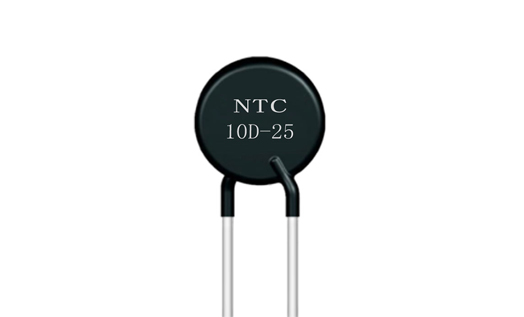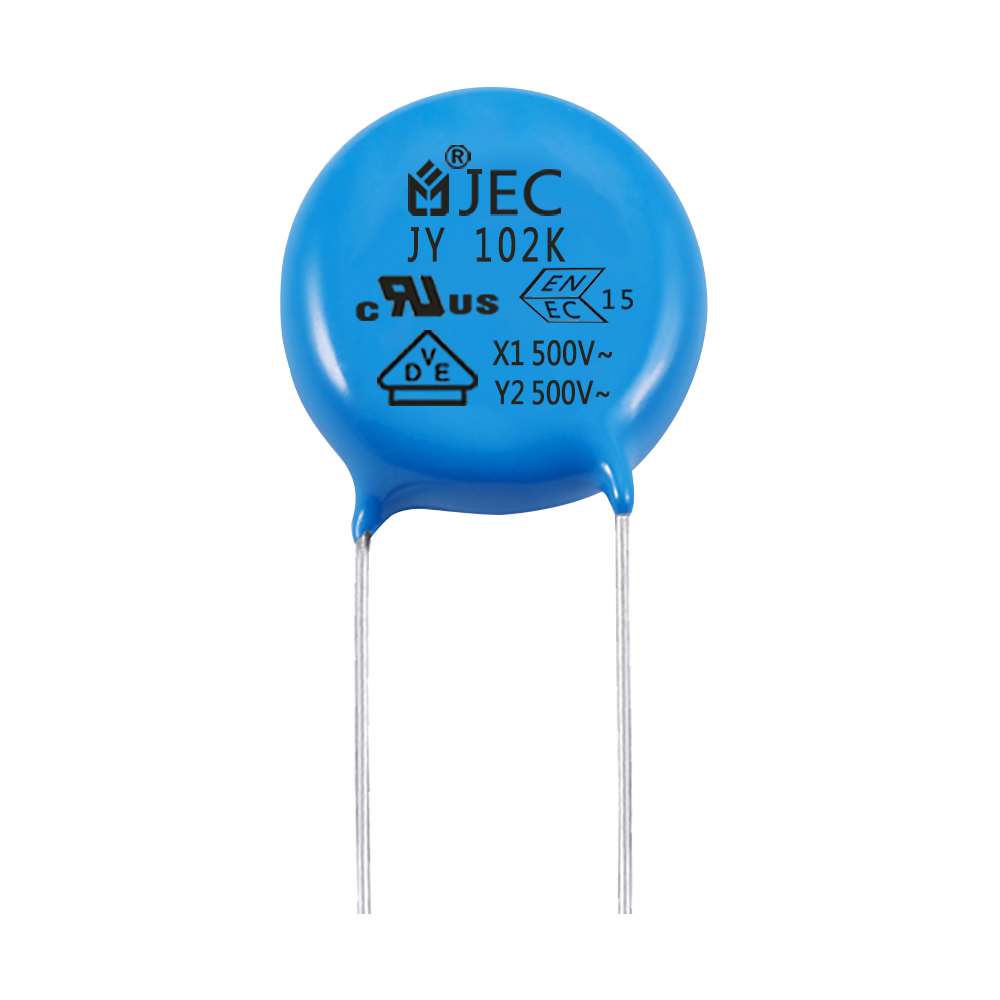May. 08, 2021
Temperature Sensors-Thermistors And Thermocouples
Thermistor and thermocouple
Temperature sensors are very important in daily life, from factory work to fire prevention. Thermistor and thermocouple are two such temperature sensors.
A thermistor is a kind of thermistor whose resistance changes continuously and in small increments with the change of temperature. Thermocouples reflect the proportional changes in temperature through the different voltages generated between two different metals that are electrically bonded together. Both are good choices for temperature sensing and control. Choosing the best option depends on the type and specification of the application.
Four factors to consider when choosing thermistors and thermocouples as temperature sensors
Temperature range:
Both NTC thermistors and thermocouples can work in a wide temperature range, so they are ideal for a wide range of applications. NTC thermistors perform well in the operating range of -50 to 250°C, while thermocouples operate in the widest temperature range of -200°C to 1750°C.
Stability:
Applications with long-term goals need stability. Temperature sensors may drift over time, depending on their materials, construction, and packaging. For example, an epoxy-coated NTC thermistor can experience a drift of about 0.2°C per year; however, the drift of a sealed NTC thermistor is much smaller, about 0.02°C per year. On the other hand, thermocouples have a drift of about 1-2°C per year, which is mainly due to chemical changes in the sensor, such as chemical oxidation.
Accuracy:
NTC thermistor has high accuracy through incremental changes within its working range. Small temperature changes accurately reflect large changes in resistance per °C. When used for temperature control and compensation, thermocouples have low accuracy and require millivolt to a temperature conversion.
Application:
Both NTC thermistors and thermocouples can operate in a wide range of applications; however, NTC thermistors are usually found in life safety applications, such as fire detectors and thermometers, because they are accurate and stable. Due to the durability and lower production cost of thermocouples, thermocouples are more commonly used in industrial equipment.
NTC (Negative Temperature Coefficient) Thermistor
NTC thermistor is a temperature-sensing device made of sintered semiconductor material containing a mixture of various metal oxides. These materials have carriers, which allow current to pass through the thermistor, and the resistance changes in direct proportion to the change in temperature.
NTC thermistors produce higher resistance at lower temperatures. As the temperature increases, the resistance of the thermistor decreases. Because the resistance of the thermistor changes so much per °C, the smallest temperature change is quickly expressed as a predictable change in resistance.
The correct positioning of the thermistor requires the thermistor β (β) formula to calculate the relationship between resistance and temperature. This method uses two-point calibration to calculate the resistance vs. temperature curve and calibrate the resistance at two temperature points.
The output of the NTC thermistor is non-linear due to its exponential nature, but it can be linearized, depending on the application.
The overall performance and cost-effectiveness of NTC thermistors are an excellent choice for your temperature sensing solution.
They provide:
Versatility
Quick response
Exchangeability
Greater sensitivity
Stability and accuracy in its temperature range

Previous: Common Causes Of Thermistor Failure
Next: Do You Know Thermistor?

The Key to Stable Performance of Film Capacitors
May. 08, 2021

May. 08, 2021

Ceramic Capacitors: The Underrated Electronic Component
May. 08, 2021
+86 181 2299 5593
+86 18122995593
+86 769 8831 3605
Beside Luchong Bridge, Hou Road, Caibai Village, Daojiao Town, Dongguan, Guangdong, China
Navigation